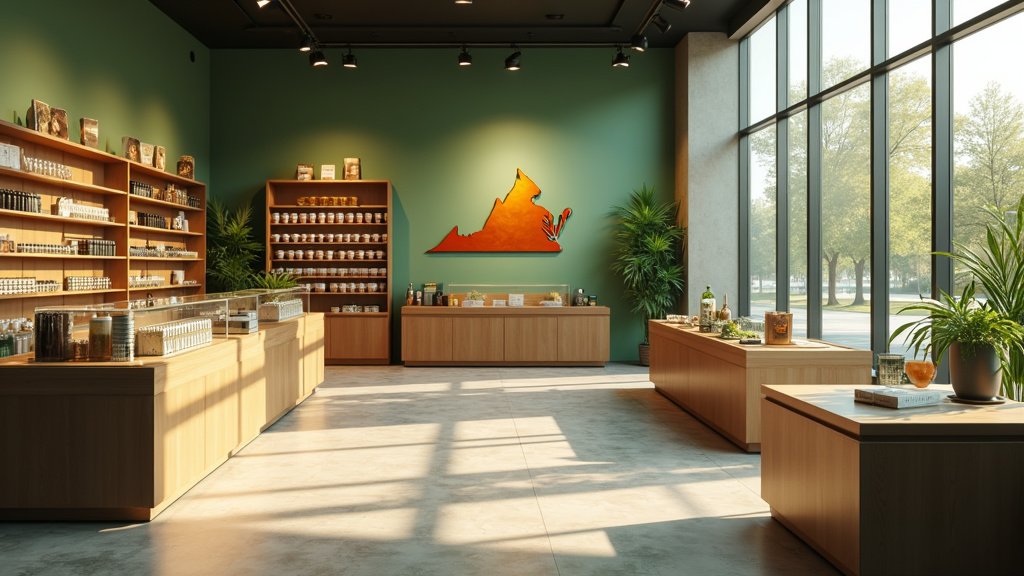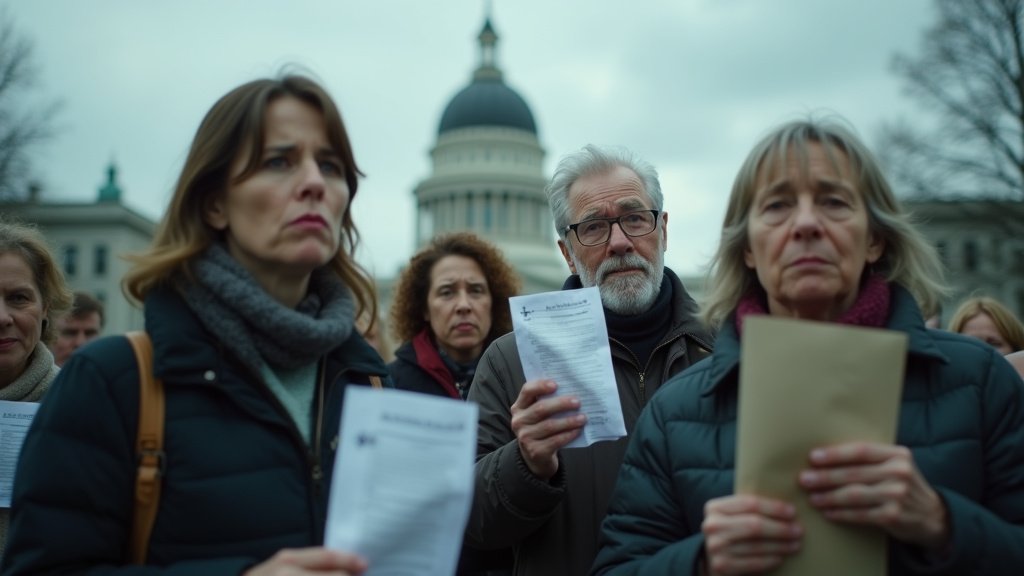Thailand is undergoing a significant policy shift regarding cannabis, moving back to a medical-only framework just three years after decriminalizing the substance. The recent announcement has split society, creating anxiety among businesses and relief for those advocating stricter controls.
Background: From Decriminalization to Crackdown
In June 2022, Thailand made history by becoming the first country in Asia to decriminalize cannabis, a move intended to boost its economy, particularly the agricultural and tourism sectors. This liberalization led to a rapid proliferation of cannabis dispensaries across the country, with an estimated 18,000 businesses opening. The industry was projected to be worth up to $1.2 billion by 2025. However, the absence of comprehensive regulations during this period led to concerns about misuse, accessibility to minors, and the blurring of lines between medical and recreational use.
New Regulations: Prescription Required
As of June 25, 2025, the Ministry of Public Health has reclassified cannabis flowers as a “controlled herb.” The new regulations, published in the Royal Gazette, strictly prohibit the retail sale, advertising, and recreational use of cannabis. Consequently, obtaining cannabis now requires a prescription from a qualified healthcare professional. Sales are restricted to licensed premises, and advertising is banned. Online sales and sales in public places like temples, dormitories, and parks are also prohibited. The government has stated that only those with specific licenses can study, export, sell, or process cannabis for commercial purposes, adhering to strict traceability and cultivation standards.
Economic Fallout and Industry Concerns
The shift has sent shockwaves through the burgeoning cannabis industry. Many licensed dispensaries report a drastic drop in sales, with some experiencing declines of 80% to 90%. Business operators express fear and confusion, having invested heavily in their ventures. There is also a noticeable increase in black market activity as customers seek alternative, unregulated channels to acquire cannabis. This situation has left many small businesses uncertain about their future and struggling to comply with the new, stricter rules.
Societal Division and Public Opinion
The policy reversal has ignited a debate, dividing public opinion. While advocates for stricter cannabis control cite concerns over rising addiction rates, particularly among youth, and potential negative impacts on public health, proponents of the previous liberalized approach emphasize the economic benefits and individual rights. Public opinion surveys conducted in early 2024 indicated that a significant majority supported reclassifying cannabis as an illegal substance, reflecting growing apprehension about its widespread availability.
Tourism and Future Outlook
Tourism operators have offered mixed reactions. Some believe the reclassification will improve Thailand’s image as a family-friendly destination, as concerns over the pervasive smell of cannabis in public spaces had deterred some families. Others worry about the impact on tourism revenue from cannabis-related activities. The government, led by Health Minister Somsak Thepsuthin, maintains that the move prioritizes public health and safety, aiming to rid the market of unregulated products. While revenue may dip initially, the change is deemed necessary to address social harms.
This evolving cannabis landscape is a key piece of trending news in Thailand, highlighting a complex balancing act between public health, economic opportunity, and societal values. The future of the industry remains fluid, with potential for further adjustments as the government navigates the implications of its policy U-turn.






